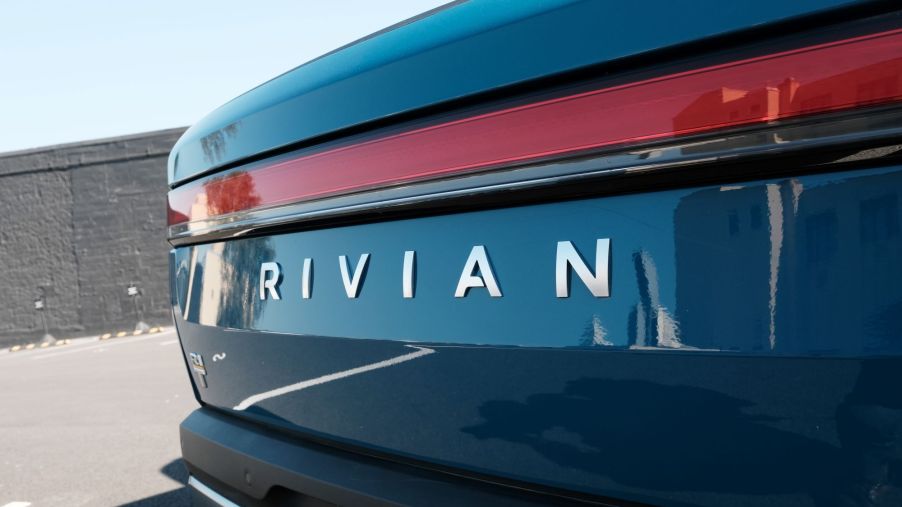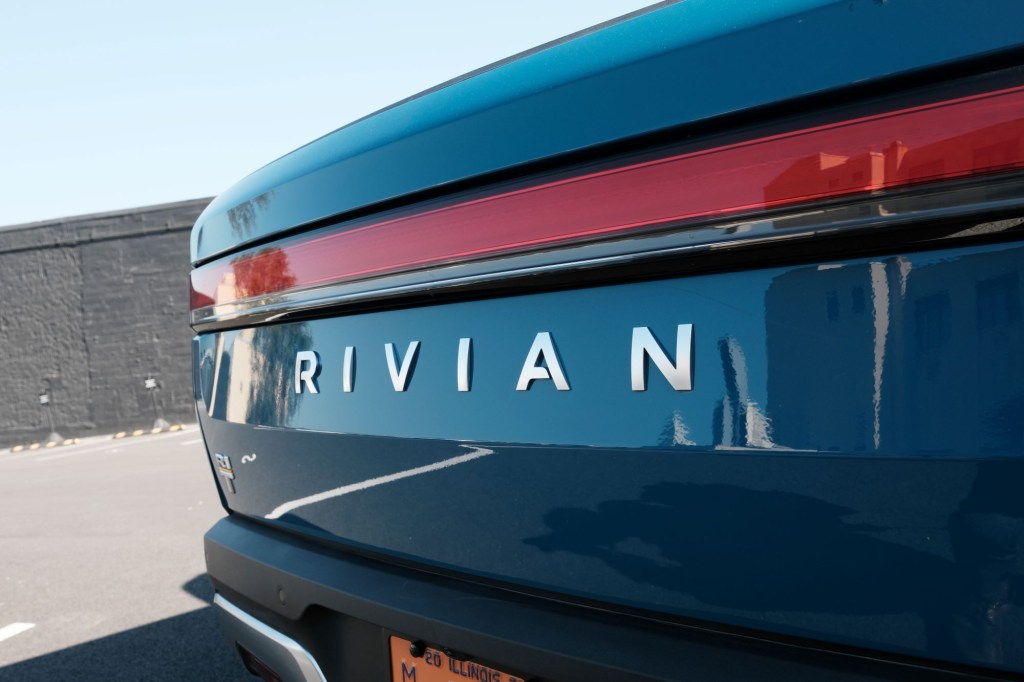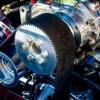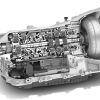
Rivian Has Decreased Their Anticipated Production for 2022 in Half
Rivian is an EV automaker that seems poised to tackle Tesla directly. But like other automakers, Rivian ran into quite a few problems. A lot of those problems have to do with the supply chain, namely semiconductor chips, but these issues have hurt the company a lot. Its been hit by so many production issues it has slashed the anticipated production for 2022 in half.
Rivian may produce 25,000 EVs in 2022 instead of 50,000

According to CNBC, Rivian was recently expected to produce about 50,000 EVs in 2022, but those hopes were quickly dashed. That 50,000 unit projection was slashed in half to just 25,000 for the year. This projection includes the Amazon vans Rivian is building for the online retail giant. Like many other automakers, this dramatic decrease in production is caused by supply chain problems.
The company has a steady flow of most of the supplies it needs to build EVs, but chips remain a bottleneck, which will continue to be the case until about 2023. The chip shortage isn’t the only supply chain issue Rivian is dealing with. Wire harnesses, which are critical to a vehicle, also have some supply chain problems. It’s not clear when this supply chain can be fixed.
Rivian’s had to deal with quite a few production problems
Those production numbers are too low to meet the heavy demand for Rivian’s vehicles. Currently, there are well over 80,000 reservations for their EVs, not including the vast fleet of vans Amazon ordered. At a production rate of 25,000 a year, it will take Rivian a long time to clear its current backlog.
However, while Rivian is grappling with the chip shortage like many other automakers are, Rivian customers aren’t strangers to delays. In fact, not that long ago, Rivian chose to delay specific R1T orders until 2023. Rivian customers who want to buy an R1T with the big 180-kWh battery will have to deal with that delay, while customers opting for the regular 135-kWh battery won’t.
Due to this delay, the company created a website that will allow customers to track when their orders will be fulfilled. Rivian customers encountered another delay earlier on, and this delay was related to the pandemic. In addition to the chip shortage, the pandemic slowed down things like construction and equipment deliveries, which delayed how soon Rivian could start making its EVs.
Demand for EVs may cause EV automakers to hit a brick wall
While those supply chain issues may be fixed in the short term, according to the Wall Street Journal, Rivian expects another supply chain issue down the line. This issue will affect the very core of EVs, as Rivian expects there to be a battery shortage soon. This shortage might affect any part of the whole battery supply chain, from the extraction of the rare earth metals, to actually building the batteries themselves.
It’s not entirely clear how big of a problem this will be. However, the Wall Street Journal wrote that, according to the founder of Rivian, up to 95% of the world’s battery supply chain doesn’t exist yet. This is primarily because of upcoming deadlines and milestones regarding EV production. Since governments want to ramp up EV production rapidly, there’s no guarantee that the battery supply chain can ramp up as fast.



